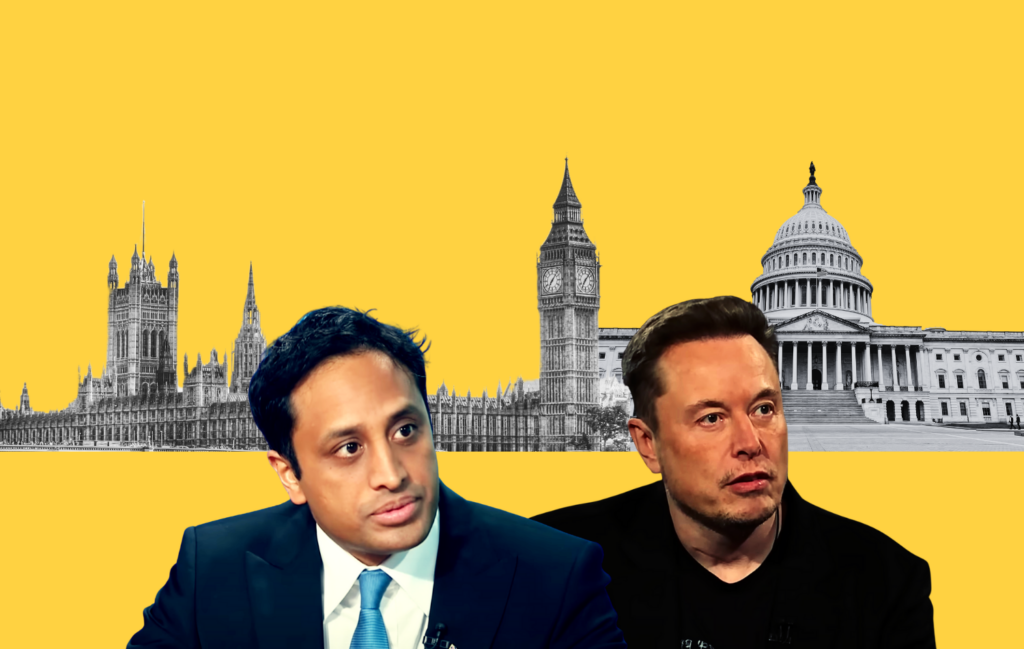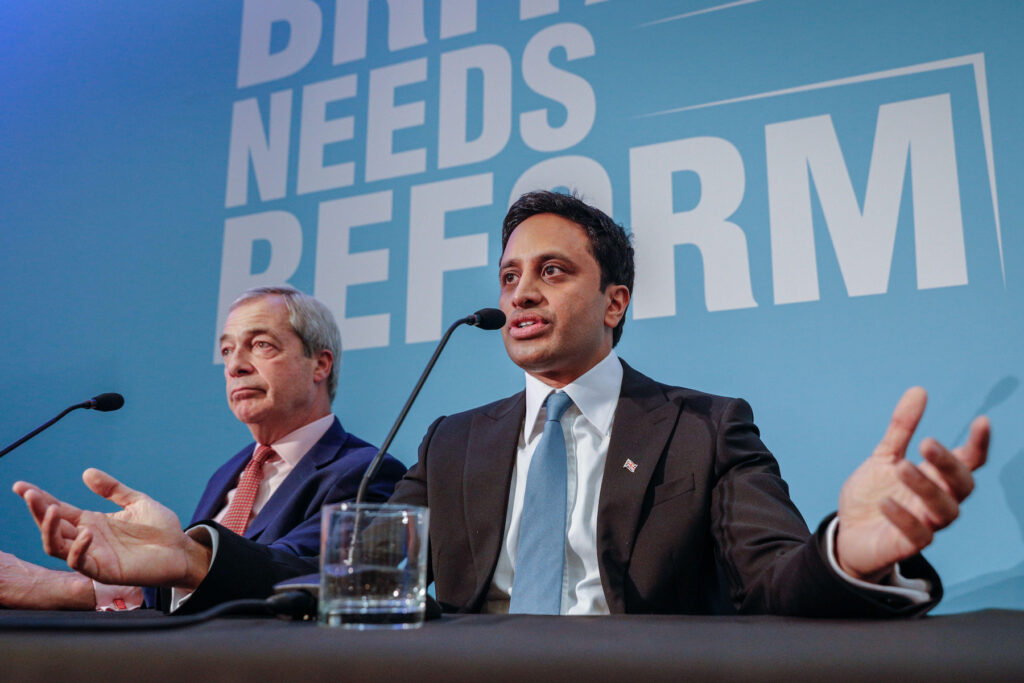The Post’s pages of outrage (O’Neill, Gunter) were inspired (this time) by a Suzuki speech to the students of McGill University.
“The Doc,” as he is known to friends and insiders, apparently took full flight in exhorting students to action on the environment and, especially, on the issue of climate change. The Post reports the following, culminating quote:
What I would challenge you to do is to put a lot of effort into trying to see whether there’s a legal way of throwing our so-called leaders into jail because what they’re doing is a criminal act.”
This, The Post rails, amounts to “environmental fascism,” “enviro-totalitarianism” and/or the beginning of an “enviro-inquisition.” Lorne Gunter actually says that Suzuki is “picking up the time-honoured tradition of Tomas de Torquemada, inquisitor-general of the Spanish Inquisition.” We’re on the verge, apparently, of a 140-year reign of terror, torture and intolerance.
It’s perhaps too much to hope that we could unpack any of this rationally, but let’s try.
First, did Suzuki really utter the quote? Probably. Suzuki spokester Dan Maceluch as much as confirmed it when he said Suzuki is “not advocating locking anybody up, but he’s pulling his hair out.”
Given the healthy state of The Doc’s own locks, I have to assume (and explain to the literalists at The Post) that this, too, is intended as metaphor. It suggests that Suzuki is frustrated, outraged by decades of political inaction and driven to urge – what? – that young people find “a legal way” to make their “so-called leaders” pay a social price for having so completely abdicated their responsibilities.
It’s interesting that, in the Post’s first report on this story, reporter Gary Offman confirms that, by current law, federal politicians are, indeed, guilty of a legal offence, though not one captured in the Criminal Code. Offman writes:
The Kyoto Protocol Implementation Act, a Liberal-sponsored private member’s bill that passed and was given Royal Assent last year, legally requires the Conservative government to abide by the international pact’s short-term environmental targets. In the event that conditions are not met, government officials are held liable.
Every person who contravenes a regulation made under this Act is guilty of an offence punishable by indictment or on summary conviction, as prescribed by the regulations,” the act reads, “and liable to a fine or to imprisonment as prescribed by the regulations.”
As it happens, the federal Cabinet has the power to promulgate regulations – or not – so it’s unlikely anyone is going to wind up doing time on the strength of this law. But in Suzuki’s search for justice, it’s a start.
While straining, at least that far, for balance in his initial coverage, Offman (or whoever edited his story) took the time to end Suzuki’s send-them-to-jail quote with the mention that The Doc is “a former board member of the Canadian Civil Liberties Association,” implying, I suppose, that he should know better.
Too right. Suzuki is also a former “guest of the state,” having spent his formative years in an internment camp for the crime of being born to Canadians of Japanese descent. One assumes that would sensitize him to the risks of totalitarianism and intolerance. But it wouldn’t prevent him from wanting to hold others accountable when they actually do something wrong.
The whole story descended to a particularly goofy level at the hands of Post columnist Terry O’Neill, whose diatribe included this paragraph:
“… (Suzuki) told the McGill crowd there is actually no difference between human beings and the environment in which they live. ‘We are the environment. There is no distinction,’ he declared, thereby equating, for example, a newborn baby with a mud puddle. How heartening.”
Imagine equating a newborn baby with a mud puddle!? That’s the kind of outrage that hasn’t been committed since, well, since the Book of Genesis.
Before going any further in saying how very bizarre I find the Post’s outbursts, I should disclose a few things. I like David Suzuki. A lot. It would be fair to say that I admire him as a person and respect him for what I find is a quite dazzling intellect. I have also taken money from the David Suzuki Foundation, having written the first round of global warming advocacy information for DSF in 1996. I was grateful at the time for the work and have been grateful ever since for the opportunity to learn as much as I did about the risks of global warming. Although, there have been days in the dozen years that have passed since that I have spent time pulling my own hair out.
Two minutes on Google will also confirm that Jim Hoggan has been on the DSF board since its inception and is now the Chair. I like, respect and take money from him, too.
But here’s the bottom line:
Canadians believe that the globe is warming and that humans are to blame. And when they look for credible information on this issue, who do you think they believe? Industry executives? Nope. Last year’s Environmental Monitor showed that, on this issue, industry execs are credible with three per cent of the population – a group apparently concentrated in the offices of the National Post. Provincial environment ministries are trusted by 13 per cent of the people; Environment Canada and “environmental groups” by 25 per cent. “Scientists and experts” have the trust of 44 per cent of those polled and, at Number 1, with a bullet, David Suzuki tops the list at 50 per cent.
That means that, to some degree, the quibblers are winning; they have spread around so much disinformation that half the population don’t know who to trust. But there’s no reason there for the bashers at the Post to take any pleasure in that knowledge. Because – again – on this issue, The Doc rocks.
I don’t for a minute think that Stephen Harper – or Jean Chrétien – will wind up behind bars for their perfidy. I don’t suppose David Suzuki thinks so either.
But you can’t stop us from dreaming.
Subscribe to our newsletter
Stay up to date with DeSmog news and alerts







